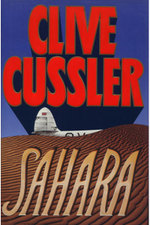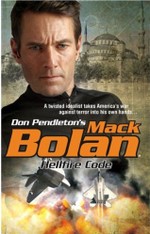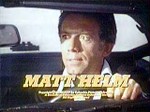This morning the board of Mystery Writers of America, on which I serve, approved tough new guidelines for approving publishers (and, by extension, accepting books published by them for Edgar consideration and their authors for active membership). These rigorous new standards are the result of a lot of hard work by the membership committee, on which I also serve. I will be posting a link to these new standards soon, but I can say that they will result in an immediate end to the "case by case list of approved publishers." A publisher either meets our standards for professionalism… or they don’t. It’s that simple.
These changes were long overdue and I believe will do our industry and our membership a service by alerting authors to thinly disguised vanity presses, companies with a history of unprofessional conduct and/or serious conflicts-of-interest…and denying those companies the legitimacy of our implied endorsement. As any reader of this blog knows, this is a subject that I am passionate about.
But I want to stress that these new standards will in no way change the current membership status of any writers who became members as a result of being published by a company that falls off the list.







